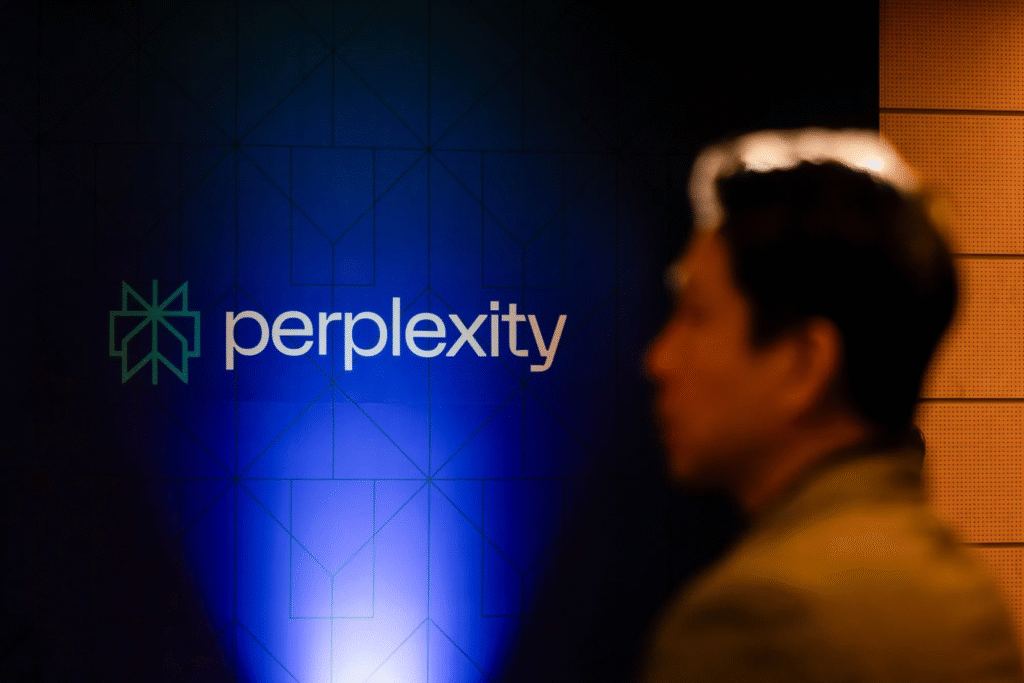Meta Platforms has been racing to expand its artificial intelligence capabilities. In early 2025, the company pursued two major paths. One was a multibillion‑dollar investment in Scale AI to gain data‑labeling capacity. The other was a potential acquisition of Perplexity AI to add a next‑generation search and question‑answer engine. Both efforts reflect Meta’s determination to catch up with rivals in the AI sector.

Acquisition Talks with Perplexity AI
Perplexity AI delivers concise answers to complex queries and lists sources for every response. It has challenged established search engines by using generative AI to summarize web content. Founded in 2022 and valued at fourteen billion US dollars in its latest funding round, Perplexity attracted interest from Meta CEO Mark Zuckerberg. Meta opened discussions about a possible takeover and even sought to recruit Perplexity’s chief executive, Aravind Srinivas, for its new “superintelligence” division. The two sides ultimately did not reach terms, and each moved forward on separate plans.
Scale AI Partnership
Shortly after the collapse of the Perplexity talks, Meta confirmed a fourteen-point-three billion dollar investment in Scale AI. That deal gave Meta a 49% stake in the data‑labeling startup. Scale AI performs AI model training under the guise of cleaning and annotating huge amounts of data. The investment serves both Meta and its model development, as it becomes even stronger in the broader system of AI.
Talent Acquisitions for a Superintelligence Team
Zuckerberg has been on a hunt on the best AI talent in the industry. In recent months Meta hired Alexandr Wang former Scale AI CEO along with senior researchers from Google DeepMind and Sesame AI. The company also approached former GitHub CEO Nat Friedman and Daniel Gross, CEO of Safe Superintelligence. Meta hoped to recruit Gross’s team for its superintelligence effort. These moves show a strategy that pairs capital investments with high‑profile hires.
Computing Partnerships and Rival Strategies
Meta’s discussions with Safe Superintelligence explored the use of Meta’s data‑center infrastructure for external AI projects. Unlike Google and Amazon Web Services, Meta has not broadly marketed its cloud computing or custom AI chips to startups. Other big technology companies have attempted to become the foundational layer for AI by supplying hardware and hosting. Meta’s approach has focused more on direct investments and assembling an elite research division.

What Comes Next
Meta now builds Scale AI capacity while continuing to develop its own AI models internally. The company’s willingness to explore acquisitions and expensive talent packages underlines its urgency to achieve breakthroughs. Observers will watch closely how Meta integrates Scale AI resources and whether Perplexity remains an independent challenger in the generative search space.





